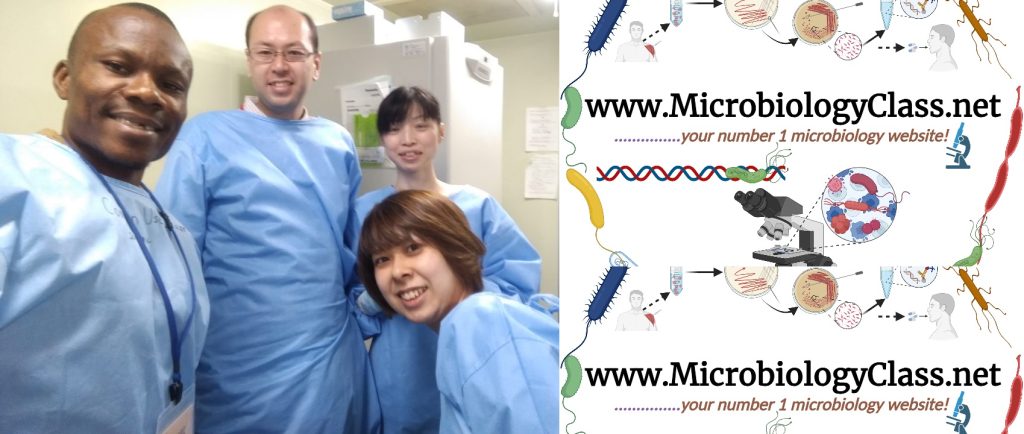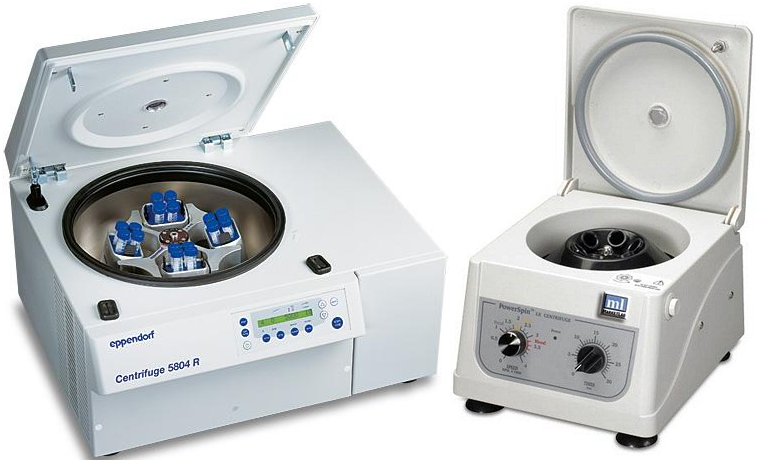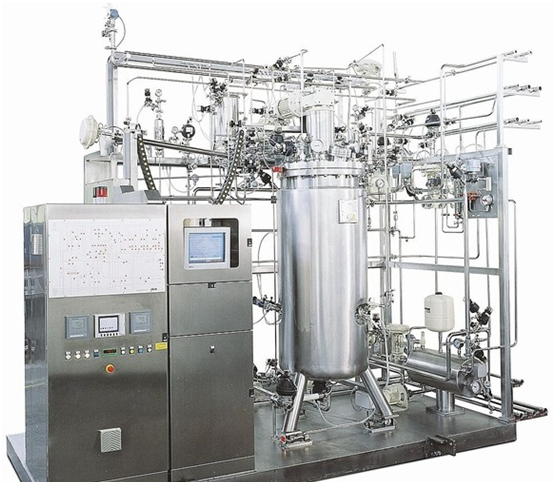All around the world there are microbiologists making a difference to our lives – ensuring our food and water is safe, treating and preventing disease, developing green technologies or tracking the role of microbes in climate change.
Microbiologists aim to answer many important global questions by understanding microbes. They work in many places, from labs in universities, research institutes and industrial companies, to investigating microbes in fieldwork. However, knowledge of microbiology is not just important for these careers. Microbiologists can also use their knowledge and skills in a wide range of careers in industry (marketing, technical support and regulatory affairs), education (teaching, museums and science centers), business (patent attorney or accountant) and communications (public relations, journalism and publishing). You can explore the multitude of careers open to people with a science qualification at www.futuremorph.org.
Microbiologists in healthcare
When you first think of microbes the ones that make us ill may spring to mind: pathogenic viruses that cause colds and ‘flu, or pathogenic bacteria that can cause serious diseases such as meningitis and tuberculosis. However, microbes can also be beneficial in health and disease – as they are used to make new therapies that help us to fight infections and illness.
Before microbiologists can solve the problems caused by microbes, or exploit their abilities, they have to find out how microbes work. They can then use this knowledge to prevent or treat disease, develop new technologies and improve our lives in general.
Microbiologists are essential in helping us to treat diseases. Many work as biomedical scientists in hospitals and laboratories: testing samples of body tissue, blood and fluids to diagnose infections, monitor treatments or track disease outbreaks. Some microbiologists work as clinical scientists in hospitals, universities and medical school laboratories where they carry out research and give scientific advice to medical staff. Other microbiologists work on disease-causing microbes, such as flu or tuberculosis, and the information they find is used to develop vaccines and improve current treatments.
Environment and climate change
While microbes are responsible for most of the methane produced on earth, contributing to global warming, this methane can also be beneficial as it can be used as a biofuel – an alternative source of energy helping in the fight against climate change.
Microbes also play an important role in the planet’s nutrient cycles; the carbon cycle and nitrogen cycle are dependent on microbes.
Microbes can be used to clean up contaminated land and oil spills in an ecologically important process called bioremediation.
Some microbiologists study how microbes live alongside other creatures in different habitats from the ocean, to salt lakes and Polar Regions. Some develop early warning sensors to detect pollution and use microbes to treat industrial waste. Others contribute to the worldwide research on climate change by looking at how microbes affect atmospheric conditions and climate. Microbiologists also work alongside technologists and engineers to develop greener sources of energy produced from urban and industrial waste.
Agriculture and food security
Microbes are essential for the production of many foods. Most people know that microbes are used to make cheese, bread and yogurt, but did you know they are also used to make chocolate, Marmite and salami?
There are millions of bacteria living in our gut that help us take nutrients from our food and compete with ‘bad’ microbes to prevent illness. Some foods have probiotics added – live cultures of bacteria that boost the numbers of ‘good’ microbes and improve gut health.
Whilst microbes can cause disease in crops and farm animals, they can also help to control pests and weeds to increase crop yields.
Without agriculture there would be no food for us to eat. Microbiologists investigate the vital role of microbes in soil. Some concentrate on plant pests and diseases, developing ways to control them or even use microbes (known as entomopathogens) to control insect pests and weeds. Others research the microbes that cause diseases in farm animals. Many bioscience and food companies, pharmaceutical and biotech companies around the world employ microbiologists. Some carry out research and develop new products. Others work in quality control in factories to monitor manufacturing processes and ensure the microbiological safety of goods such as medicines, food and drink.
Non-research career options for microbiologists
If your passion lies outside the lab it is important to get as much experience as possible in your chosen area. There is a variety of opportunities outside of the laboratory such as science/technical writing, science administration and management, science communication, editing, technology transfer, patent law, teaching, sales and technical support. You are eligible for these positions because of the transferable skills acquired during your degree however you are competing against graduates from other scientific disciplines as well as your own, so it can be a very competitive career choice.
Science communication is an enormously rewarding but increasingly competitive field to enter.
If public engagement is where your interest lies it is important to get as much experience as possible because employers in this sector will be looking for evidence that you are enthusiastic and proactive. Volunteer to help out with your university’s outreach events or at one of the many Science Festivals run in your country every year. Offering your time to Science Centers and Museums in your area will also help you gain valuable experience in public engagement.
If you wish to become a science writer, experience is important. You need to show an ability to write good English and explain complex topics in a straight-forward style. Write for your university paper or department newsletter, or submit a piece to a scientific writing competition. The Biochemical Society, Medical Research Council, Wellcome Trust and Society for Endocrinology run essay competitions. Your local paper may be interested in a piece if you are writing about something big in the news at the time. Become a member of the Association of British Science Writers, look into internships at science magazines New Scientist, Nature and BBC Focus Magazine. Setting up your own blog is another good way to get your writing out there and get your name known.
Science policy aims to inform and influence government by providing accurate scientifically sound information to aid policy decisions. If you are interested in getting involved in science policy, apply for a policy placement. These placements (usually lasting a few months) are designed to give you a taste of what is involved in working in science policy. Many Learned Societies offer policy internships; there are also policy placements available to PhD students sponsored by Biotechnology and Biological Sciences Research Council (BBSRC) and the Natural Environment Research Council (NERC).
Intellectual property or patent attorneys work with businesses and scientists to protect their inventions, products and ideas. As well as a strong scientific background you need further qualifications in law. Some law firms accept exceptional science graduates onto in-house training schemes. The Chartered Institute of Patent Attorneys, together with the Institute of Trade Mark Attorneys has responsibility for running these examinations in the UK. Once you’ve completed the qualifications you will be a member of the Register of Patent Agents and the Register of Trade Mark Agents.
If you are interested in a career in business, most employers look for evidence of ‘commercial awareness’. BBSRC runs a competition called Biotechnology YES (Young Entrepreneurs’ Scheme) which gives students a taste of what is involved in commercializing a research idea, complete with a Dragons’ Den-style panel that will assess your ‘company’.
Knowledge Transfer Partnerships (KTP) are another good way of getting some experience in a business setting. A KTP is a three-way project between a graduate, a business and a university/research organization. The projects are paid and generally last on to two years depending on the project.
Source:
Discover more from #1 Microbiology Resource Hub
Subscribe to get the latest posts to your email.



